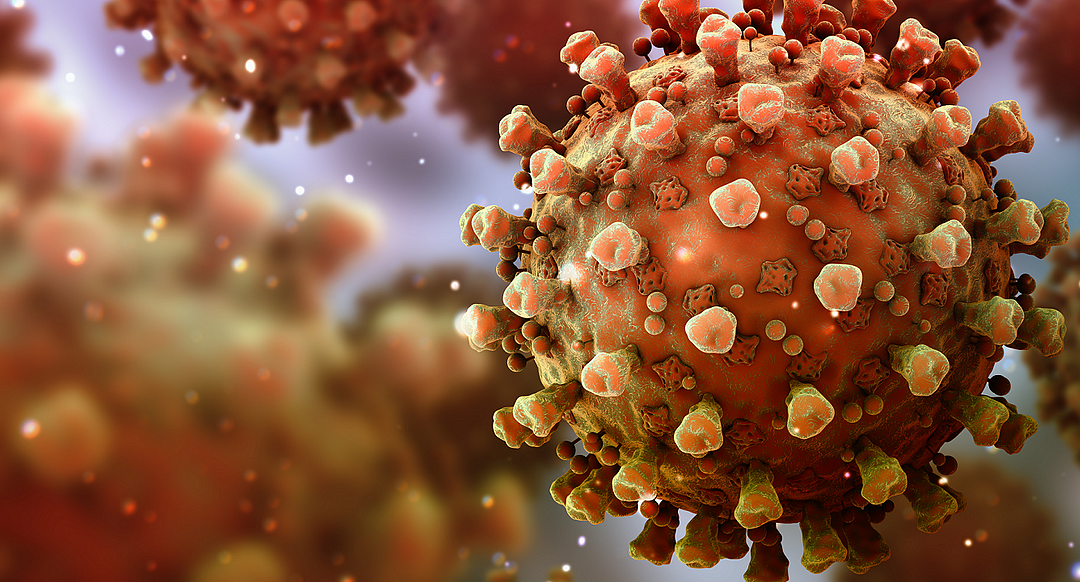The coronavirus has been a shifty foe, with new variants and subvariants rapidly evolving to evade vaccines and treatments. Researchers at Boston’s Dana-Farber Cancer Institute are working on an experimental drug that takes one of the virus’ most dangerous traits — its talent for mutation — and turns it back on itself. When the coronavirus binds to a specific type of receptor on the surface of a cell, it drives its spike protein in like a switchblade and initiates an infection.
The drug is designed to mimic that receptor, working like an assassin in an attractive disguise. When the coronavirus attempts to bind to it instead of to the real thing, it destroys the structure of the spike protein, permanently disabling the mechanism that would make that switchblade, according to a report published Wednesday in the journal Science Advances. To read the full story.

